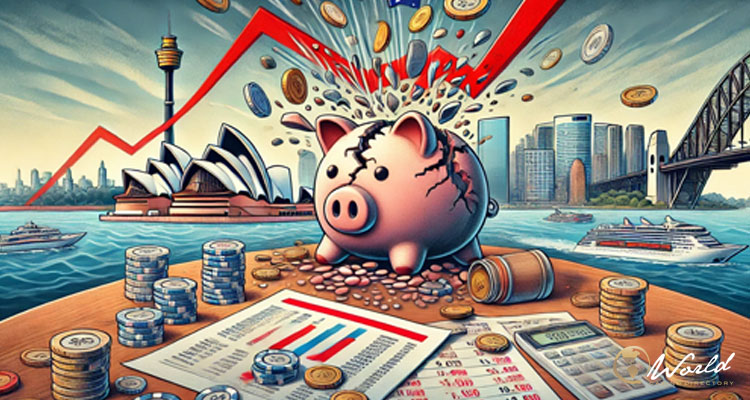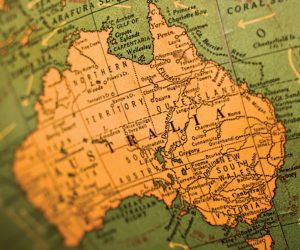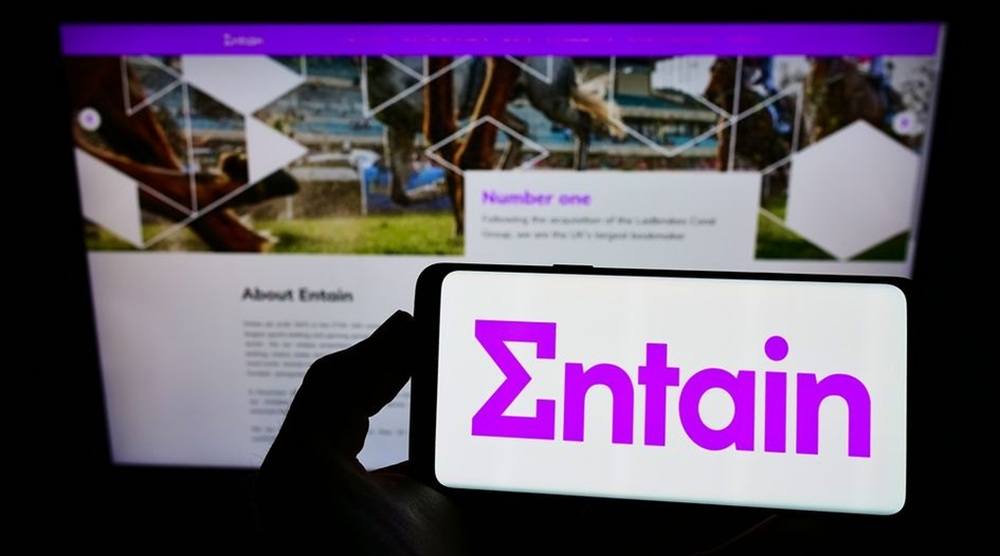Gambling industry rankles over potential blanket ad ban

- by Admin
- August 12, 2024
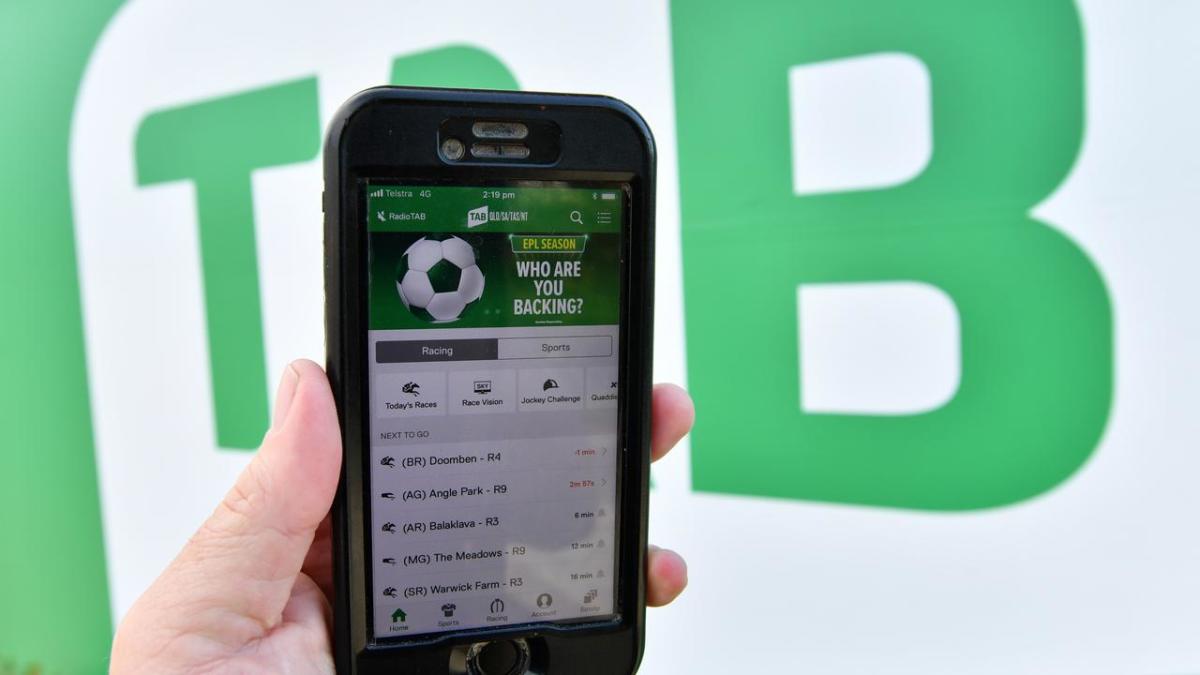
Australians could be forced to place bets with illegal overseas companies if the government implements a total ban on gambling advertising, an industry representative say.
A landmark review handed down by a parliamentary committee in 2023 recommended the federal government phase out all gambling advertisements over three years.
But reports suggest the Commonwealth won’t adopt the centrepiece measure and will instead impose limits on when the ads can be shown.
Responsible Wagering Australia chief executive Kai Cantwell – whose organisation represents companies like Sportsbet, Pointsbet and bet365 – says he supports caps on the volume and frequency of broadcast advertising, but is concerned about a blanket ban.
“We run the risk of driving Australian consumers to the illegal offshore providers, which are rife online already,” he told ABC radio on Tuesday.
“They offer no consumer protections and no economic benefits for Australian punters.”
But independent senator David Pocock has rebuffed the claims.
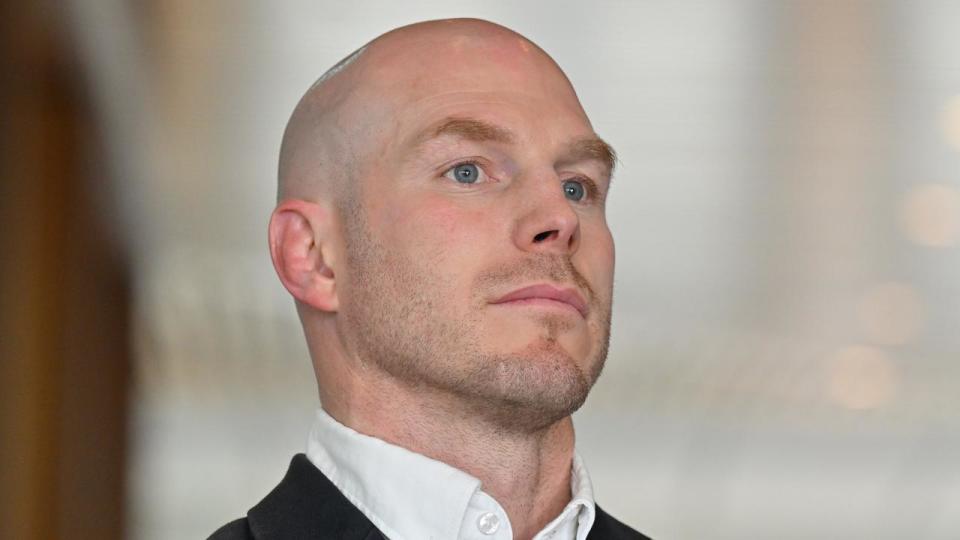
“This is a desperate industry that’s lost its social licence,” he told ABC radio.
“No one’s saying that you’re going to ban people from having a punt, from downloading a sports betting app – you can do that.
“This is about stopping the inundation, the total saturation of online and TV advertising.”
Australians lose more money gambling per capita than anyone else in the world, with $25 billion lost on legal forms of wagering every year, according to the Australian Institute of Health and Welfare.
Health experts including Deakin University professor Samantha Thomas say gambling marketing sends positive messages about the industry to children.
A partial ban won’t prevent that, she said.
But senior government minister Bill Shorten says Australia’s vulnerable free-to-air media depends on gambling ad revenue.
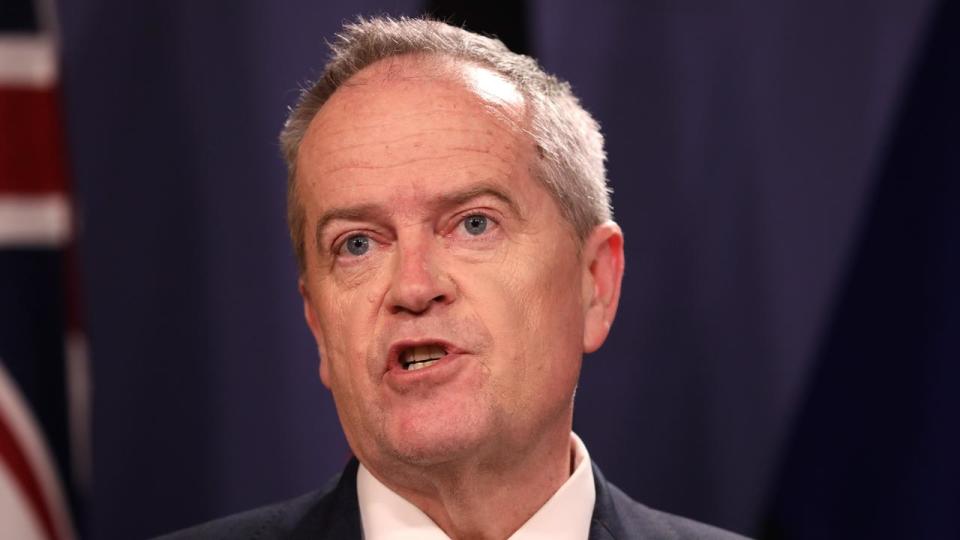

“Free-to-air media is in diabolical trouble … that’s the discussion we’re not having,” he told Q + A on Monday.
Almost $240 million was spent on gambling advertising on free-to-air TV, radio and online between May 2022 and April 2023, according to the Australian Communications and Media Authority.
And as Facebook’s parent company Meta ended its deals with media companies like Nine and Seven West, these organisations have grown more dependent on its traditional revenue sources.
“The problem if you kill free-to-air media (is) what will replace it?” Mr Shorten said.
“I don’t want Mark Zuckerberg or Facebook in charge of my news feeds.”
The Latest News
-
December 23, 2024Australian tennis star Purcell takes on voluntary provisional suspension for breaking anti-doping rules
-
December 23, 2024Wimbledon champion accepts ban for anti-doping breach just months after winning US Open
-
December 23, 2024Australian tennis star Purcell takes voluntary suspension over anti-doping breach
-
December 23, 2024Max Purcell to miss Australian Open after accepting ban for anti-doping breach
-
December 23, 2024Australian tennis star Purcell provisionally suspended for doping

